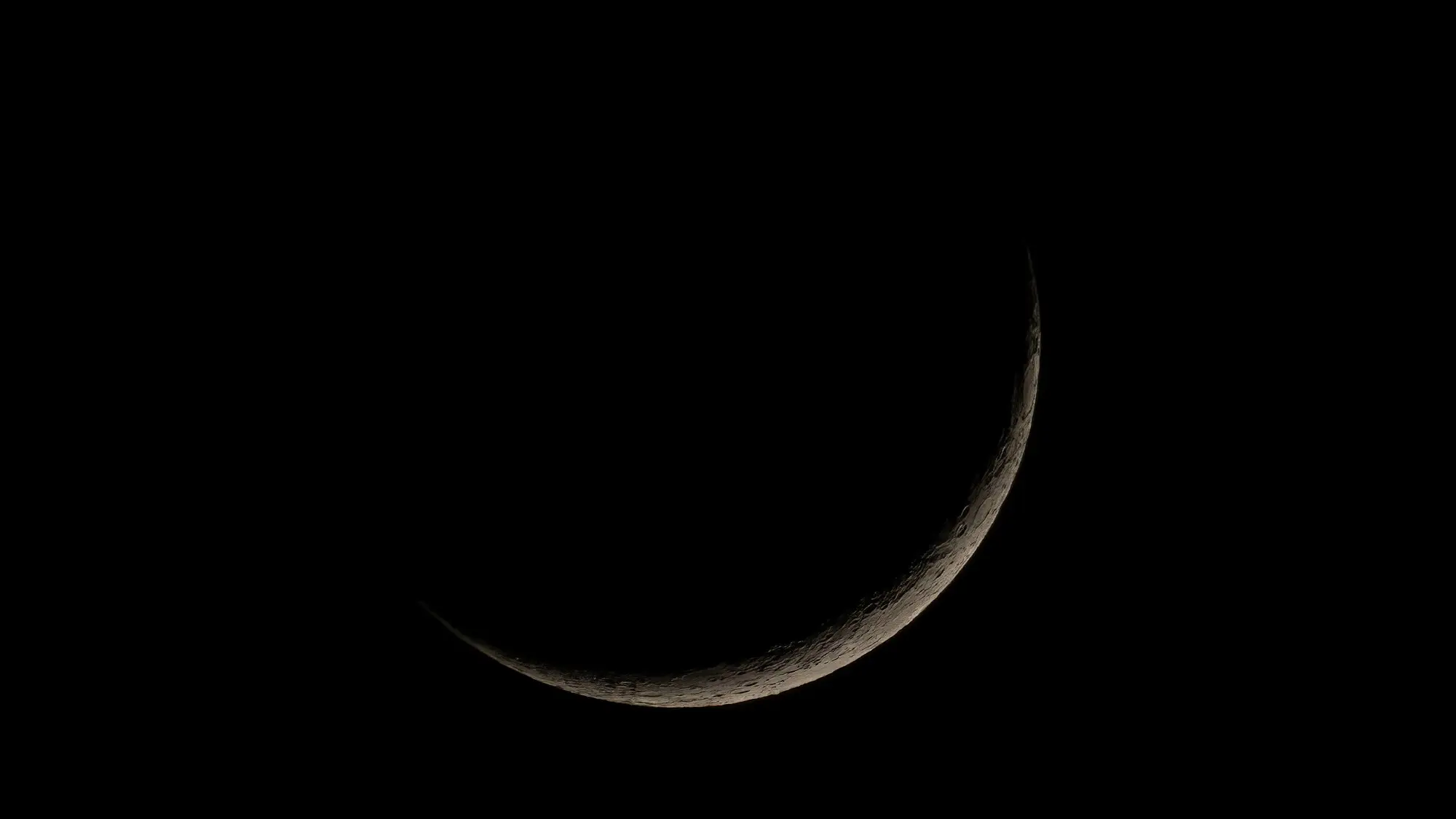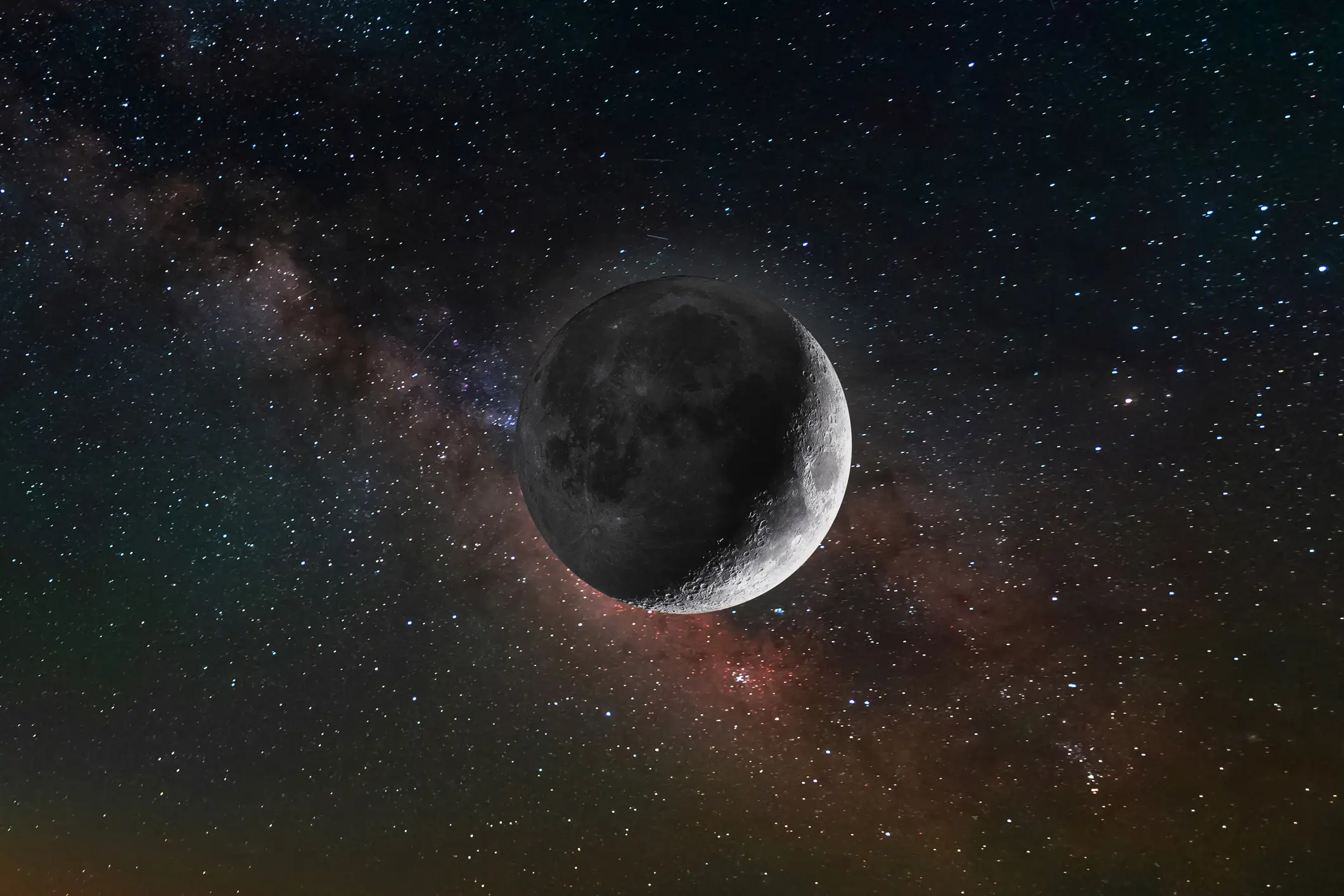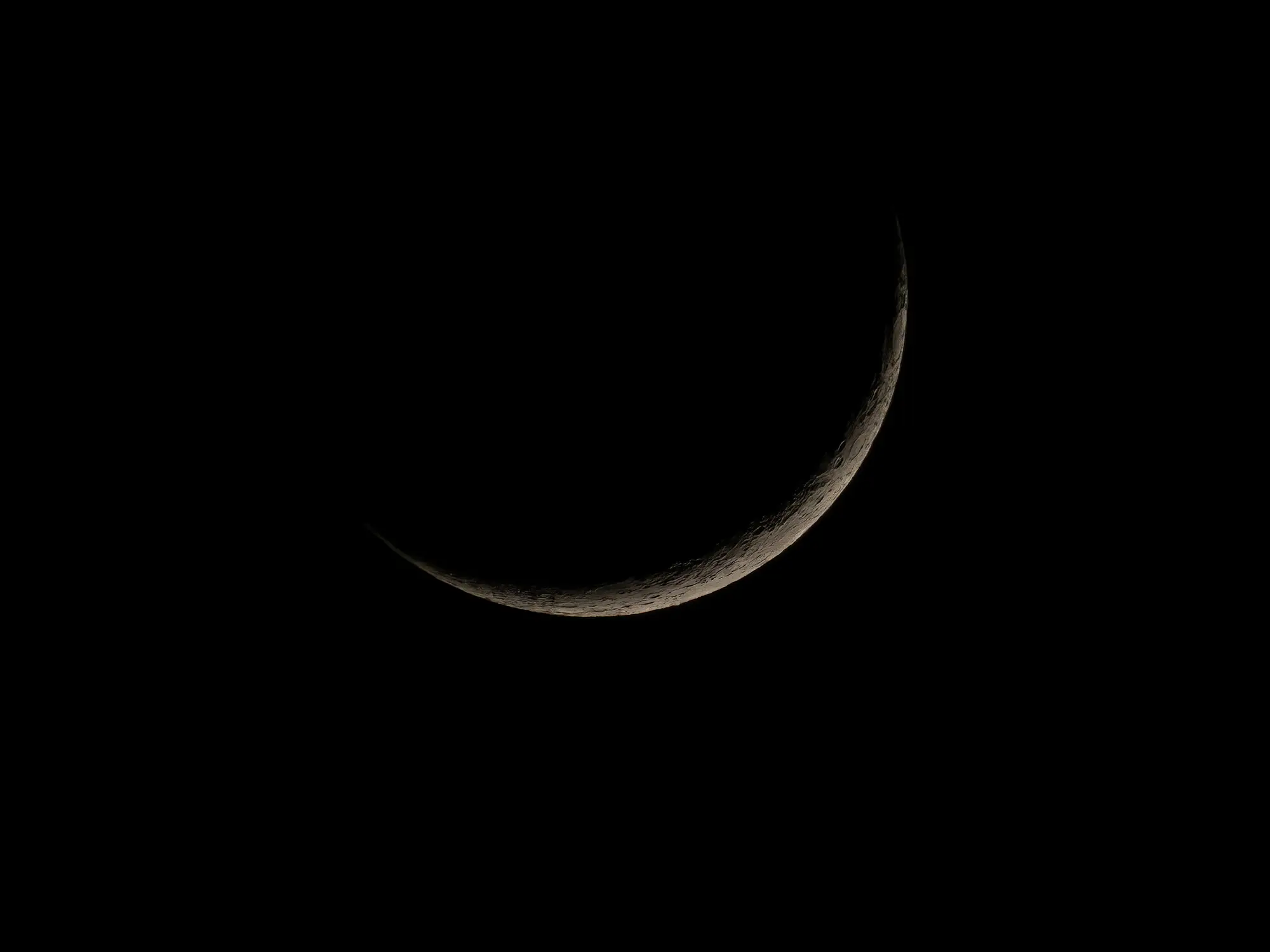
A 'black moon' is set to be visible in our skies come Friday 22 August, though many have been spooked by the prophecy behind it.
The rare astronomical event only comes around every few years, but despite this occurrence, people have started to speculate about what this may mean for humanity.
While it isn't an asteroid, which was thought to be hurtling towards Earth, it looks like it's another space-related worry for us on the ground.
While it isn't like a full moon, a 'black moon' is when a new moon passes between the Earth and the sun, with the side facing us staying in shadow.
Advert
Our moon remains dark as it happens on the rare occasion where there's a new moon for the second time in a single month.

Despite the cool phenomenon for the science world, some have taken to social media to share their concerns with the event.
Those aware of the biblical prophecy regarding a dark moon have cited Mark 13:24, which reads: "The sun will be darkened, and the moon will not give its light."
It eludes to a number of passages which state that the End Of Time occurs during a dark moon.
One said on X that we should 'perhaps prepare just in case', while another said 'those who know the biblical meaning behind this' might be a bit worried.
However, astronomers have commented on the 'black moon' and how it might not be much to worry about.
Speaking to MailOnline, associate teaching professor of physics at Syracuse University, Walter Freeman explained: "A black moon is just a second new moon that happens in one calendar month,
"If a new moon occurs near the beginning of the month, the next one can happen before it's over. From a scientific perspective, this is no different than any other new moon."
It should also be noted that 'black moon' isn't an official scientific term, but a nickname for this rare occurrence. In 2016, National Geographic's Michael Greshko described it as 'the evil twin of a blue moon'.
The black moon is expected to peak this Friday 22 August at 12am ET (5am BST) in the Western Hemisphere, while others in the world will see the event on Saturday.

Black moons usually occur every 33 months, with the next expected on 20 August 2028.
A moon progresses from new moon to full moon and back again in the space of 29.5 days, meaning there's a slight chance that a second new moon could appear in that time before the next calendar month.
Scientists have explained that a 'black moon' does not signal the end of times, and that we should instead take advantage of the darker night sky.
It means that planets such as Venus and Mars will be far more luminous, while constellations including Orion, Taurus and Leo will stand out more than usual.
Topics: Science, Social Media, Space, World News